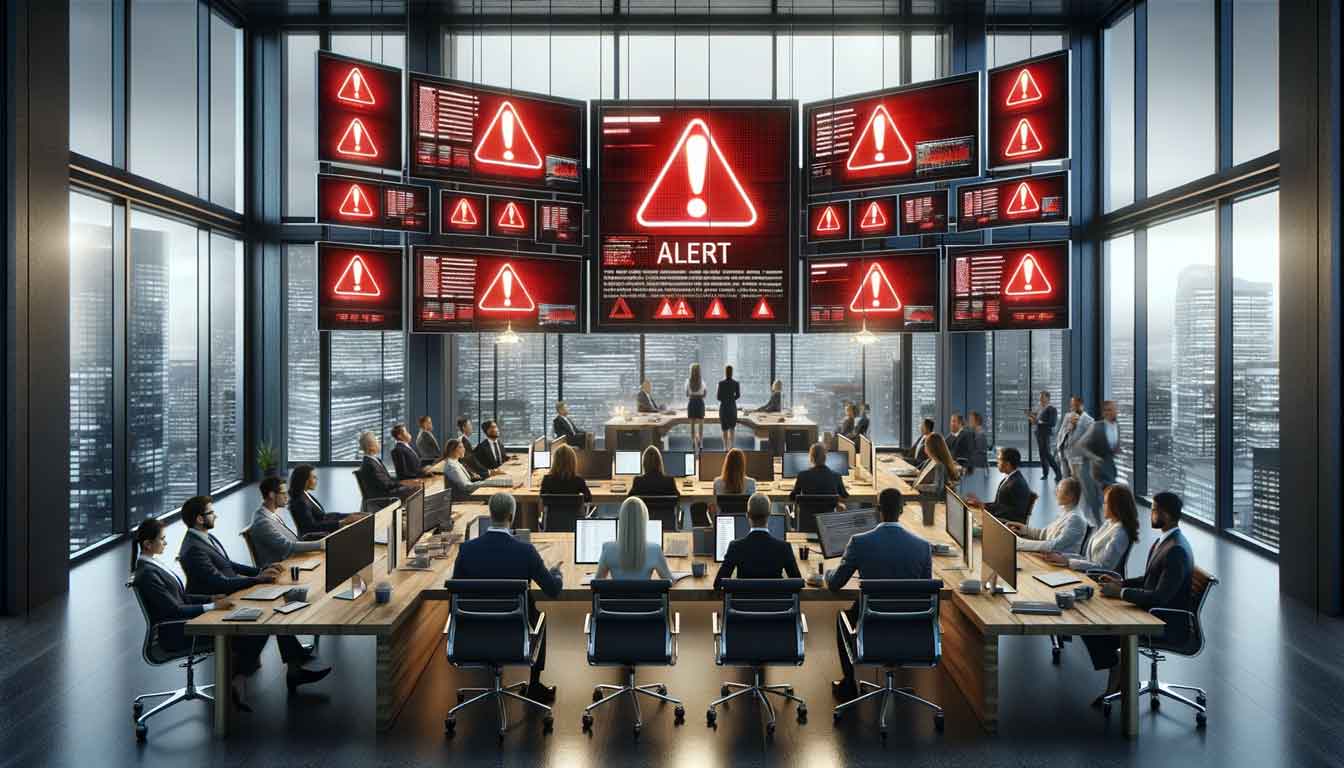Embracing technology and resilience in Mexico for future-proof risk management
As we move into 2024, the landscape of risk management in Mexico faces unique challenges and opportunities, driven by geopolitical shifts, technological advancements, and the growing emphasis on sustainability. This article explores innovative risk management strategies tailored to the Mexican context, highlighting the integration of artificial intelligence, corporate resilience, and adaptation to current economic and environmental dynamics. The current approach to risk management and resilience in Mexico is multifaceted, focusing on both the financial aspects and the broader need for systemic resilience against various types of disruptions, including natural disasters.
What are the potential risks for Mexican businesses?
The current security situation in Mexico presents a complex challenge for businesses and entrepreneurs, with concerns ranging from assaults and home robberies affecting the general population to more specific threats impacting business operations. According to a national survey from August 2022, 45% of Mexicans identified insecurity as the primary issue facing the country, with particular concerns about personal assaults and home invasions. For businesses, the implications of violence extend beyond these direct threats, encompassing potential impacts on business activities and the safety of employees.
The broader economic context has been significantly affected by the COVID-19 pandemic, exacerbating existing challenges. The Mexican economy faced downturns even before the pandemic, influenced by policy changes and security concerns that have deterred investment and trade, particularly with the United States. The pandemic led to a sharp contraction in the economy, with a significant impact on jobs and the investment climate. The government’s response to these challenges, including security sector reorganization and market-unfriendly policies, has added to the uncertainty.
Moreover, the surge in violence and organized crime, despite President López Obrador‘s “hugs not bullets” strategy, has intensified scrutiny of Mexico’s security policies. High-profile crimes and the boldness of criminal groups, such as the Jalisco Nuevo Generacion (CJNG) cartel, highlight the evolving security dilemma that Mexico faces. The potential designation of Mexican cartels as terrorist organizations by the United States could have far-reaching implications for bilateral relations and economic activities, including tourism and U.S. business operations in Mexico.
Strengthening partnerships for risk management in Mexico
For businesses and entrepreneurs operating in Mexico, these security challenges necessitate careful risk assessments and the adoption of comprehensive security measures to protect their operations, employees, and assets. Collaboration with security experts and consultants might be essential to navigate these complexities and ensure business continuity in this dynamic environment.
In the ever-evolving business landscape of Mexico, adopting cutting-edge technologies like AI for risk management is not just an option, but a necessity. AI’s predictive analytics are crucial for businesses to stay ahead of potential threats and disruptions. Coupled with this is the need for resilience—a strategic embrace of adaptive measures that ensure not only survival but also prosperity in the face of adversity. At the same time, geopolitical vigilance remains a critical factor, as global and regional political shifts can have significant impacts on risk landscapes. Together, these elements form a trifecta of modern risk management that Mexican businesses cannot afford to ignore.
Artificial intelligence in risk management: transforming predictive analysis
The adoption of artificial intelligence (AI) in risk management in Mexico is revolutionizing how businesses anticipate and respond to potential threats. AI’s predictive capabilities allow organizations to uncover hidden patterns and trends, significantly improving the accuracy of risk assessments and strategic decision-making.
Beyond AI in Mexican Risk Management
In addition to artificial intelligence (AI), other emerging technologies that are making an impact on risk management in Mexico include:
- Blockchain Technology: Blockchain offers transparent and tamper-proof record-keeping, which can be valuable for supply chain risk management, fraud prevention, and secure transactions.
- Big Data Analytics: Besides AI, harnessing big data analytics can provide deeper insights into market trends, customer behavior, and operational risks.
- Internet of Things (IoT): IoT devices enable real-time monitoring of assets and infrastructure, aiding in risk assessment, predictive maintenance, and security.
- Cloud Computing: Cloud platforms facilitate data storage, accessibility, and scalability, crucial for disaster recovery, remote work, and data security.
- Cybersecurity Solutions: With the growing threat of cyberattacks, advanced cybersecurity tools and practices are essential to safeguard sensitive data and operations.
- Machine Learning: Apart from AI, machine learning algorithms can enhance predictive models for various risks, including credit risk and market volatility.
Integrating resilience into corporate strategy
Resilience has become a cornerstone of corporate strategy in Mexico. Businesses are embracing holistic approaches that focus not only on mitigating risks but also on building adaptive and recovery capacity in the face of adverse events, from natural disasters to economic fluctuations.
The impact of geopolitics on global risk management
Geopolitical changes, including trade tensions and political reforms, have implications for the risk landscape in Mexico. Businesses need to stay informed about these shifts to navigate effectively through the complexities of the global risk environment.
Interested in building secure businesses in Mexico?
Whether you’re looking for market entry services or risk management for your current operations, reach out to ACK3:







